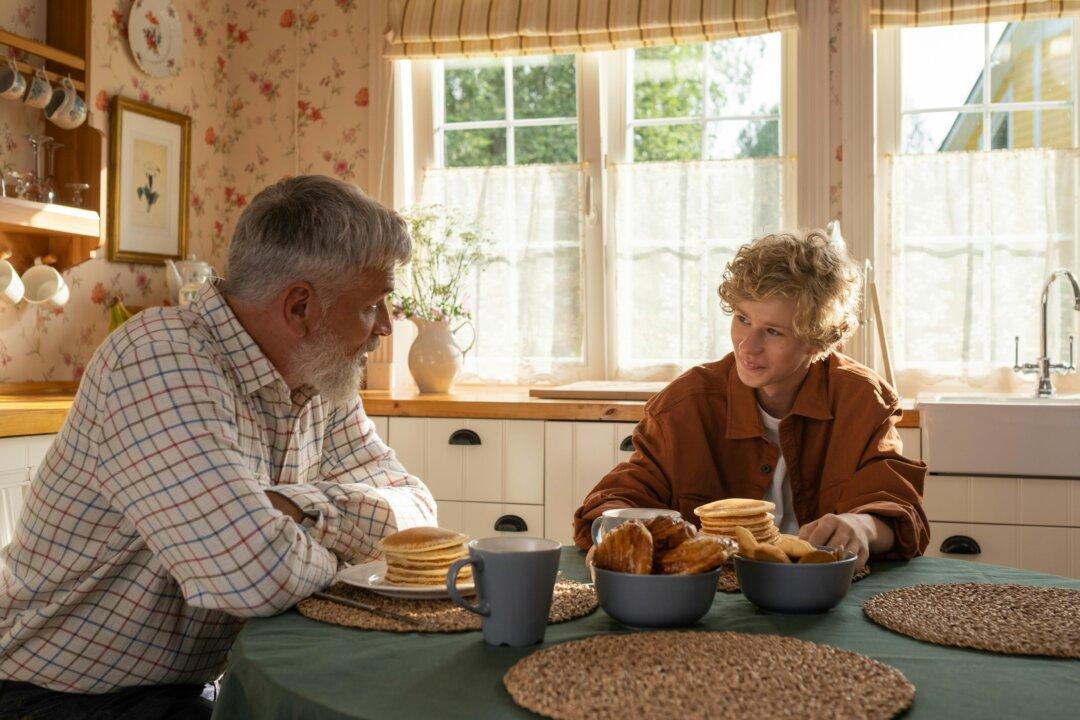Some advice in quick-time. I refer to an old military abbreviation for moving quickly and efficiently. Not an Apple app.
My advice is mostly about YOU, the next generation. You will lead us into the future ... and you hold the key to how the future may look. Your character, your education, your value systems, your wisdom and endurance, your ability to “hang in when the going gets tough.”


